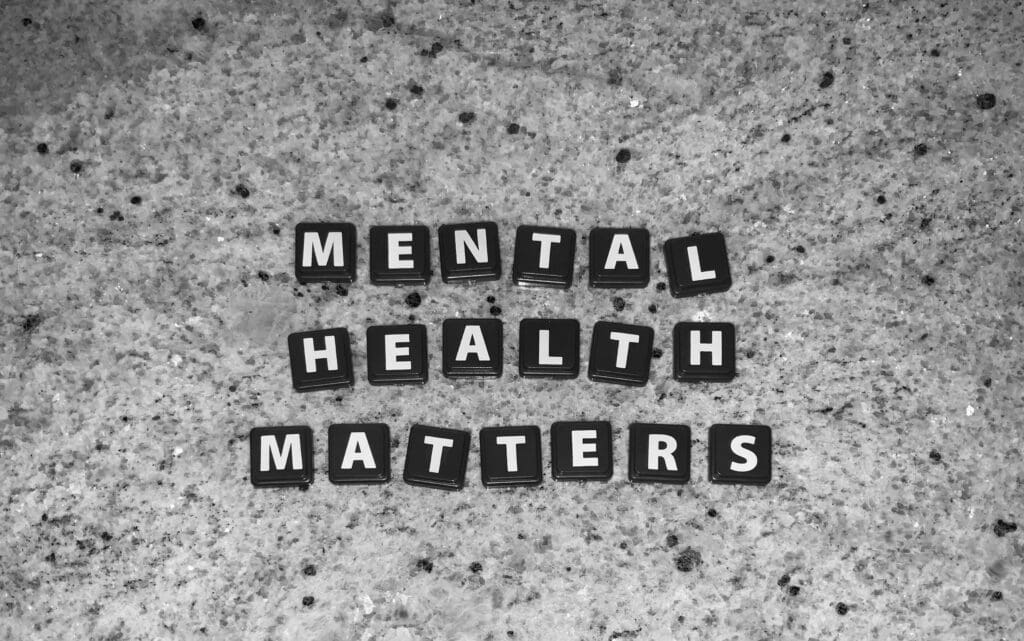Even though it is the last day of May, it is still worth talking about Mental Health Month! We will look over some of our local resources and talk about what mental health and care can look like for older adults. The World Health Organization states “Between 2015 and 2050, the proportion of the world’s older adults is estimated to almost double from about 12% to 22%.” As we age our mental health is just as important, as many older adults face challenging life events and changes. From the same WHO article, 20% of older adults have a mental or neurological disorder.
When looking at older adult’s mental health, sometimes depression or anxiety, common mental health problems, can go overlooked. Symptoms of mental health problems can sometimes mimic chronic health symptoms or may be brushed off by some people as a ‘symptom of aging.’ Making sure that symptoms of depression or other mental illness are thoroughly investigated and assessed is extremely important.
Another great resource, The National Institute of Mental Health has lots of useful information on how to care for your mental health. 988 Suicide and Crisis Lifeline also has a comprehensive page on how and when to contact their free suicide prevention lines. They have a disaster distress line, veteran line, hard of hearing or deaf line, as well as a line for Spanish speakers.
For local help, there are quite a few areas for Washtenaw residents to look for mental health services.
- Washtenaw County Community Mental Health- Located in Ann Arbor, and Ypsilanti, accepts Medicaid
- Community Mental Health Partnership of Southeast Michigan- Washtenaw Access Line
- National Alliance on Mental Illness– Washtenaw County, support groups, education and advocacy
- Eastern Michigan University Community Behavorial Health Clinic– Offers group and individual therapy with lower cost
- Catholic Charities Washtenaw County Behavioral Health– Therapy, substance abuse and use






